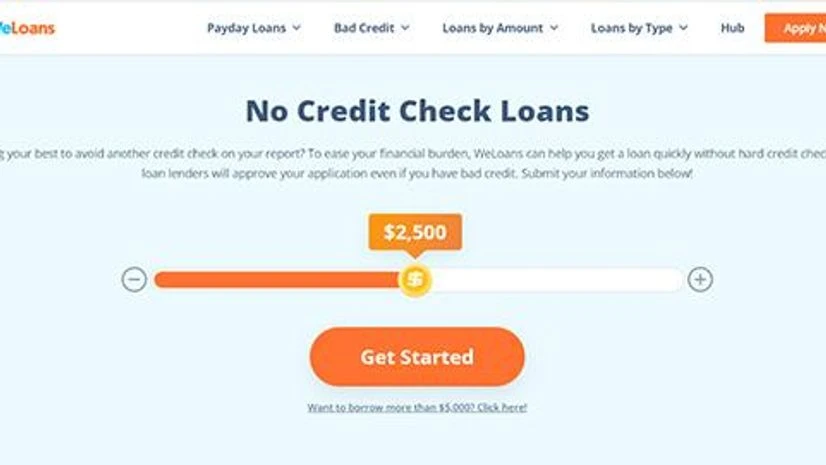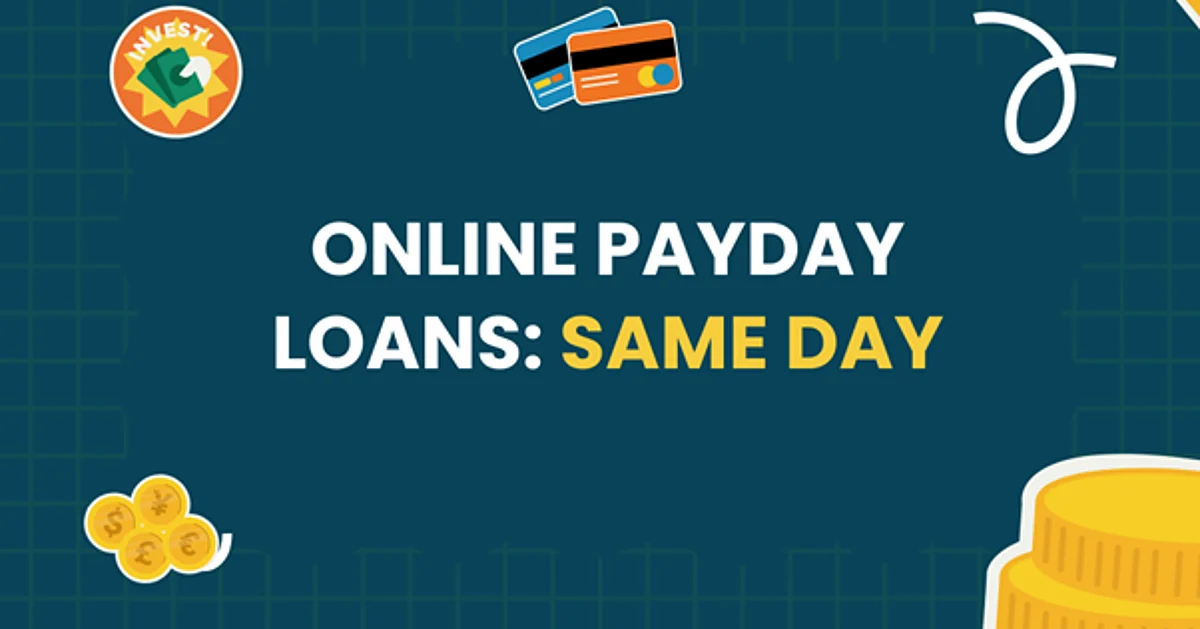Bad Credit Payday Loans Guaranteed Approval

The promise of quick cash with "bad credit payday loans guaranteed approval" is increasingly prevalent online, targeting individuals facing financial hardship. These loans, often advertised aggressively, offer a seemingly easy solution for immediate financial needs. However, experts warn of the significant risks associated with these types of financial products.
This article examines the realities behind these guaranteed approval loans, exploring their mechanics, potential drawbacks, and the regulatory landscape surrounding them. Understanding these aspects is crucial for consumers to make informed decisions and avoid potentially crippling debt cycles.
What are "Guaranteed Approval" Payday Loans?
Payday loans are short-term, high-interest loans typically designed to be repaid on the borrower's next payday. The allure of "guaranteed approval" lies in the promise that lenders will overlook poor credit history, making them accessible to a wider range of individuals. In reality, the term "guaranteed approval" is often misleading.
According to the Consumer Financial Protection Bureau (CFPB), while some lenders may cater specifically to borrowers with poor credit, they still conduct some form of assessment. This assessment may focus more on the borrower's current income and ability to repay the loan within a short timeframe.
These loans are typically offered by online lenders and storefront operations alike. The accessibility and speed of these loans are often marketed as key benefits.
The Risks and Drawbacks
One of the most significant drawbacks of "guaranteed approval" payday loans is their extremely high interest rates. These rates, often expressed as an Annual Percentage Rate (APR), can range from 300% to over 600%.
This means that a borrower taking out a small loan can quickly find themselves owing significantly more than the original amount borrowed. The short repayment terms, typically two weeks, can further exacerbate the problem.
The CFPB has repeatedly warned consumers about the dangers of payday loans, highlighting the risk of getting trapped in a cycle of debt. Many borrowers find themselves unable to repay the loan on time and are forced to roll over the loan, incurring additional fees and interest charges.
The Cycle of Debt
This rollover process, often referred to as debt cycling, can quickly lead to unsustainable debt. A small initial loan can balloon into a much larger sum, making it increasingly difficult to escape the cycle.
Borrowers may end up taking out additional payday loans to cover existing debts, further compounding the problem. This creates a vicious cycle where individuals are perpetually indebted.
According to a report by the Pew Charitable Trusts, payday loan borrowers are often unaware of the true cost of the loan and the long-term consequences of borrowing.
Regulation and Consumer Protection
The payday loan industry is subject to varying levels of regulation at both the state and federal levels. Some states have laws that cap interest rates or restrict the number of loans a borrower can take out in a given period.
The CFPB has also taken steps to regulate the industry, but its efforts have faced challenges. The regulatory landscape remains complex and varies significantly across different jurisdictions.
Consumers should be aware of their rights and protections under state and federal law. It is advisable to research the lender and understand the terms and conditions of the loan before borrowing.
Alternatives to Payday Loans
For individuals facing financial hardship, there are often more affordable and sustainable alternatives to payday loans. These include:
- Negotiating with creditors: Contacting creditors to discuss payment plans or extensions.
- Seeking help from non-profit organizations: Credit counseling agencies can provide advice and assistance.
- Exploring government assistance programs: Programs like Temporary Assistance for Needy Families (TANF) can offer financial support.
- Considering personal loans or credit cards: These options often have lower interest rates than payday loans, though eligibility may depend on credit score.
These alternatives may require more effort and patience, but they can provide a more sustainable solution to financial difficulties than relying on high-interest payday loans. Seeking financial advice from a qualified professional is always a prudent step.
Conclusion
While the promise of "bad credit payday loans guaranteed approval" may seem appealing, it is essential to understand the significant risks involved. The high interest rates, short repayment terms, and potential for debt cycling can have devastating consequences for borrowers.
Consumers should carefully consider their options and explore alternative solutions before resorting to payday loans. Understanding the regulatory landscape and seeking professional financial advice can help individuals make informed decisions and avoid falling into a debt trap.
Ultimately, responsible borrowing and careful financial planning are crucial for maintaining financial stability. The allure of quick cash should be tempered with a thorough understanding of the potential long-term consequences.








)









